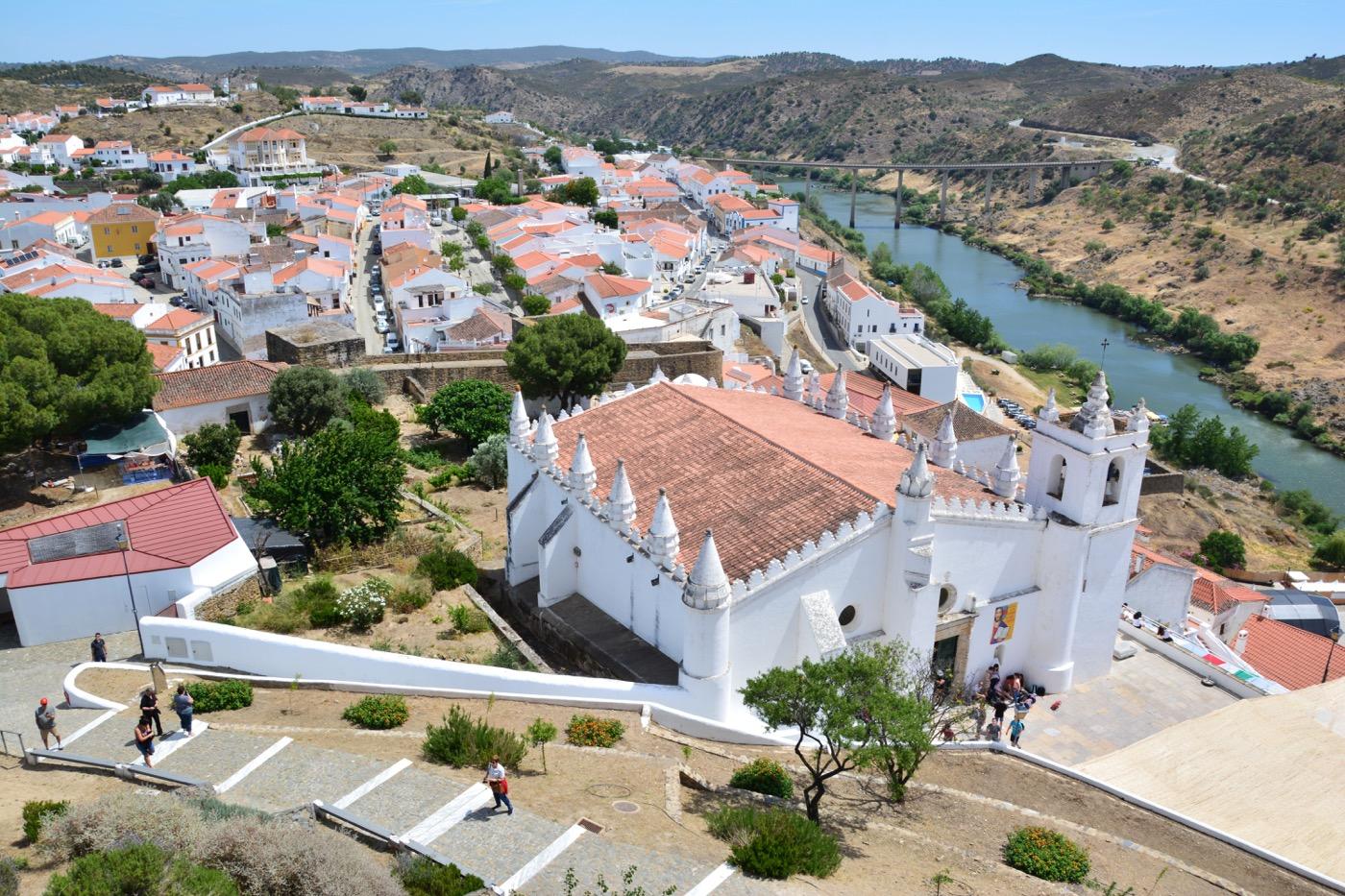The presence of churches is inescapable in Portugal, a country that has centered its identity since the Middle Ages on a Christian heritage and where students continue to learn of the reconquest against Muslim “invaders.”
Missing in any meaningful way from this narrative however is the approximately 500 years of Muslim rule during which Christians, Jews, and Muslims lived together in relative harmony. Ignored too is the influence that this period continues to have on art and culture in the region once known as al-Andalus.
Tracing al-Andalus
In 711, Arab armies from North Africa led by Tariq ibn-Ziyad conquered large parts of Portugal and Spain to create a region known in Arabic as al-Andalous. Whilst Arabic invaders did not force conversion, historians believe that by the 10th century approximately half of the population had converted to Islam.
Following the reconquest in the 12th and 13th centuries, subsequent Portuguese kings gradually expelled Muslim and Jewish communities from their territory. In 1496, the decision by King Manuel I to expel all remaining Muslims and Jews resulted in the creation of Portugal as an exclusively Christian nation.
Despite its violent end, the influence of the Andalusian period is still identifiable in the Portuguese language today. Portuguese writer Adalberto Alves has identified 19,000 Portuguese words that originated from Arabic and recently arriving refugees report surprise at recognizing words in a language they expected to be completely foreign.
One of the most extraordinary examples of this influence is the Portuguese word “oxala.” Pronounced “oshallah,” it is derived from the Arabic word “inshallah” and has the same meaning, “God willing.”
Eschewing the narrative of Europeans and Muslims as natural enemies, Alves has explored the ongoing influence of al-Andalus in Portugal and Spain. As a result of this work, which has highlighted contributions to poetry and art, many in Portugal are increasingly embracing Andalusian culture as a part of local history.
Celebrating examples of coexistence
Nationalist dictator Antonio de Oliveira Salazar furthered the conceptualization of Portugal as an exclusively Christian nation during the Estado Novo. Lasting from 1933 to 1974, the Estado Novo period depicted Muslims as the enemy and “the traces of Islamic history were erased,” explains anthropologist Maria Cardeira da Silva.
In the small town of Mertola in southeastern Portugal, archaeological work has highlighted how communities lived together and challenged dominant narratives of conquest. Claudio Torres, who founded of the archeaological Field of Mertola in 1978, suggests that trade was particularly important to the spread of Islam in the region.
As a result of centuries of interaction between Southern Europeans and North Africans, Torres believes the two groups “have a common past and a lot of cultural similarities. We are closer to northern Africa than we are to northern Europe.”
To that end the town of Mertola is embracing its history and in 2019 held its 10th Islamic Festival of Mertola. The annual festival highlights the influence that Islam and Muslim residents had on the region and draws performers and crowds from across the region.
As interest in Portugal’s Muslim history continues to grow, it serves as an anecdote to counter rising intolerance around the region and highlights the possibilities of peaceful coexistence.

